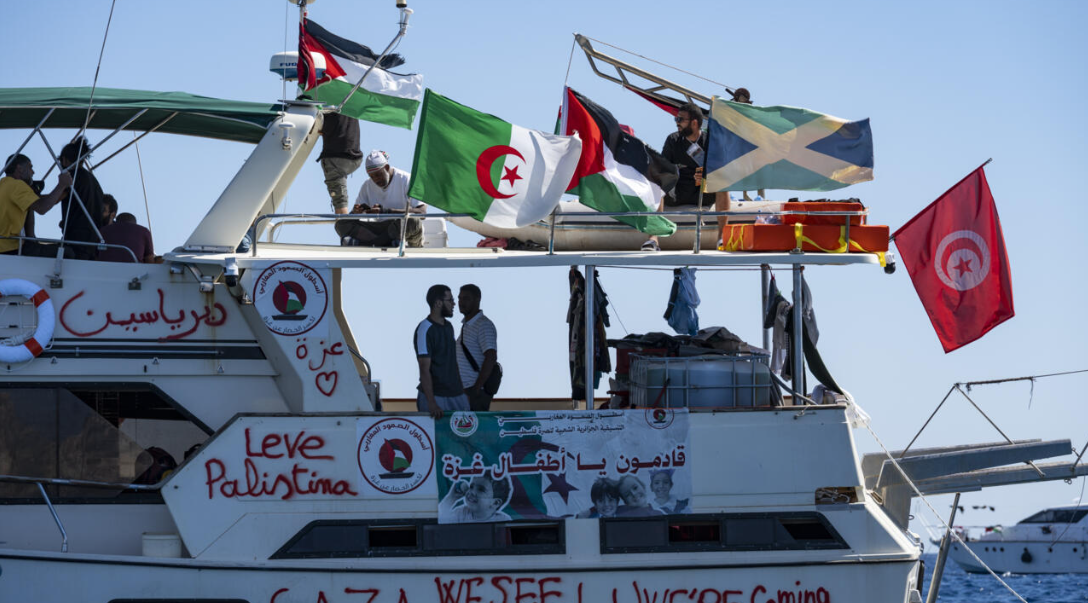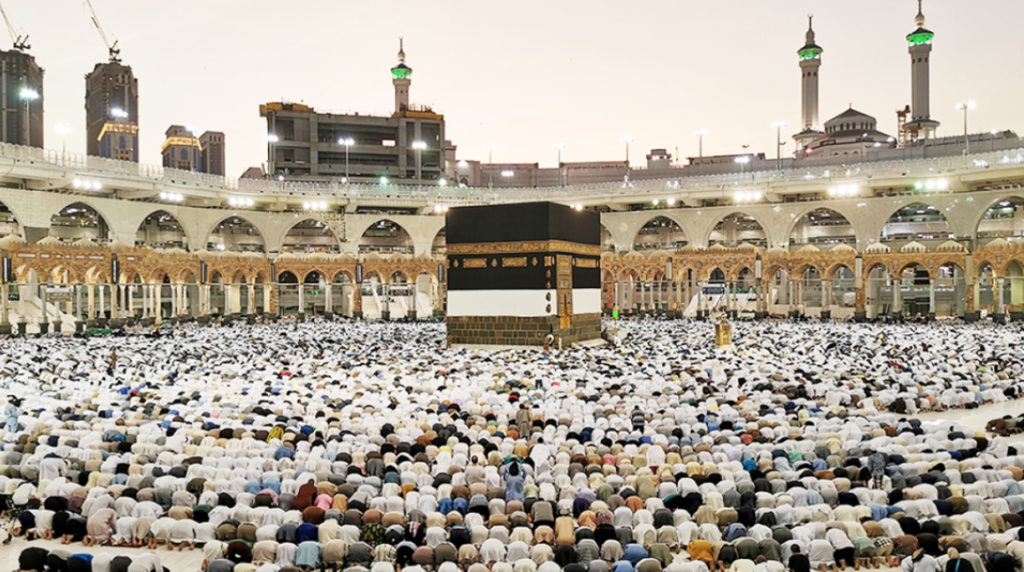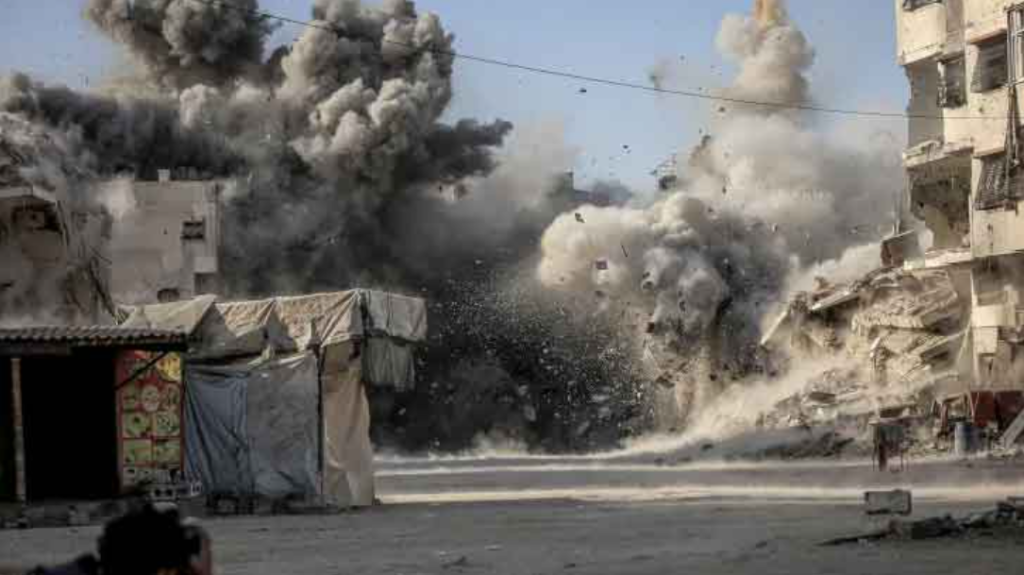Desk Report:
How Israel violated international maritime law by intercepting the Global Navigation Flotilla
The Global Sea Flotilla, which set sail from Spain on August 31, is the largest maritime humanitarian mission to Gaza to date. It includes more than 50 ships and delegations from at least 44 countries, with the aim of challenging the Israeli naval blockade and delivering food and emergency aid to Gaza.
But the massive fleet of more than 50 ships is now heading towards a highly risky area, where many past missions have been attacked and intercepted.
On Wednesday, Israel’s state broadcaster Kan reported that the Israeli military was preparing to send naval commandos and warships to take control of the flotilla. However, not all the ships would be towed away — some of them would be sunk outright, Kan said.
Israel plans to detain and question hundreds of activists and participants on board before deporting them through the port of Ashdod.
International waters and state control
A coastal state enjoys full control of the waters up to 12 nautical miles (22 km) from its shore—this is known as the territorial sea.
The area beyond this is called the Exclusive Economic Zone (EEZ). Where the state has rights in matters such as fishing, mineral extraction, energy exploration, etc. However, ships of other countries can navigate freely.
About 64 percent of the ocean is international waters, where no state has sole control. The use of this area is regulated by international law.
What is the law of the sea?
According to the 1982 United Nations Convention on the Law of the Sea (UNCLOS), all states have freedom of navigation in international waters. The only exceptions are piracy or unauthorized activities.
Attacks on previous flotillas
Since 2010, several Freedom Flotillas have been sent to break the blockade of Gaza, all of which have been subject to Israeli blockade in international waters. The most serious incident occurred on May 31, 2010. On that day, Israeli commandos attacked the Mavi Marmara in international waters, killing 10 workers and wounding 12-15 others.
In 2024, UN experts declared that the Freedom Flotilla had the right to freedom of navigation in international waters and that Israel could not interfere with it in any way.
Stephen Cotton, Secretary-General of the International Transport Workers’ Federation (ITF), said that the law of the sea clearly states that attacks or seizures of non-violent and humanitarian vessels in international waters are illegal and unacceptable. This not only puts lives at risk, but also undermines the fundamental principles of global security at sea.
Under what laws is this mission legal?
According to the Freedom Flotilla Coalition, the Sumud Flotilla is protected by international law. For example, UNCLOS (1982): guarantees freedom of navigation in international waters.
San Remo Manual: prohibits blockades that cause starvation or unnecessary suffering and calls for neutral humanitarian missions to be refrained from being targeted.
UN Security Council Resolutions 2720 and 2728: demand the free access of humanitarian assistance and the removal of all obstacles.
Genocide Convention: imposes an obligation to prevent the deliberate endangerment of civilians.
Fourth Geneva Convention: mandates the free access of humanitarian assistance.
Rome Statute (International Criminal Court): criminalizes the use of starvation as a weapon of war and the obstruction of humanitarian assistance.




